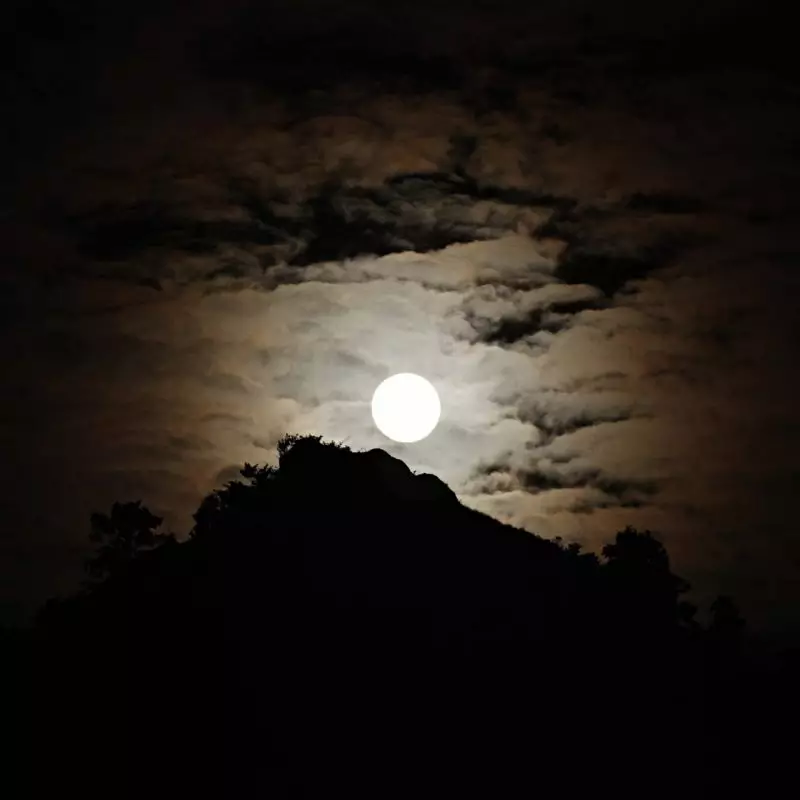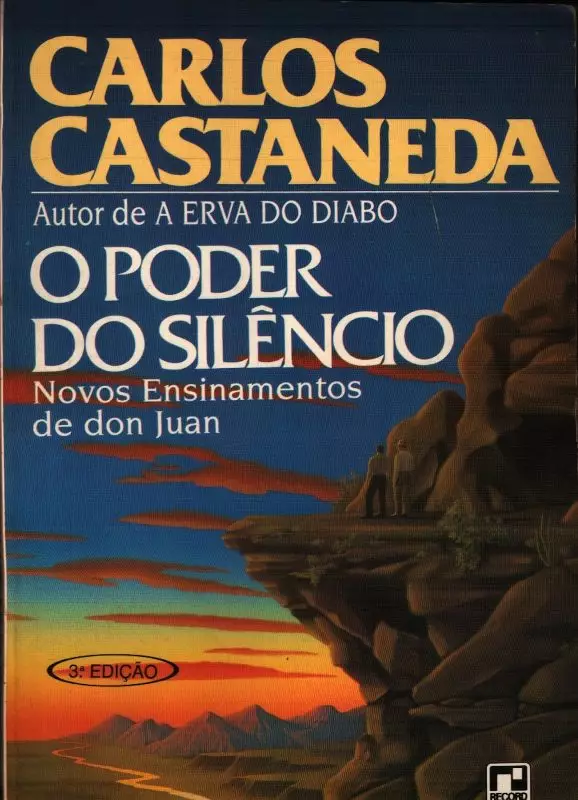There has been a series of questions posed by different people on the same topic. This concern could be classified in general terms as, “What’s going to happen to me?” People have asked me this question personally, they have written to me about it, or I have heard about this worry through third persons. The following question was asked in this vein:
“I understand that you are trying to gather a mass of people, because your original sorcerers’ plan failed. I am hooked by what you do. What do you plan to do with me?”
This is a question that should be addressed to a guru, to a spiritual teacher. I see myself as neither a guru nor a spiritual teacher, but as someone who is trying to fit a definition given by don Juan. He was referring to my role in relation to the rest of his disciples, my cohorts, when he said:
“All you can aspire to be is a counselor. You must point out an error if you see one; you must advise about the proper way to do something, because you will be viewing everything from the vantage point of total silence. Sorcerers call this a sight from the bridge. Sorcerers see the water life as it rushes under the bridge. Their eyes are, so to speak, right at the point where the water goes under the bridge. They cannot see ahead. They cannot see behind. They can see only the now.”
I have made the utmost effort, and I will continue to do so, to fulfill this role. When a person is interested and says, “I am hooked,” I don’t dare believe that that person is hooked onto me. To have a personal link with a teacher is a response that all of us have learned and practiced. It stems, no doubt, from being personally attached to Mother or Father, or both, or to someone else who fulfills that role in the family or in our circle of friends.
If I have given, in my books, the impression that don Juan was personally related to me, it was my own unconscious misinterpretation. He worked incessantly, from the moment I met him, to exterminate this drive in me. He called it neediness and explained that it is developed and sponsored by the social order, and that neediness is the most obscene manner of creating and nourishing a slave’s mentality. He said that if I believed that I was “hooked,” I was hooked not to him personally, but to the idea of freedom, an idea which sorcerers had spent generations formulating.
With regard to the original plan failing, all I can say is that I have indeed stated that don Juan’s lineage terminates with me and don Juan’s other three disciples, but this is not the indication of a failure of any plan. It’s simply a situation which sorcerers explain by saying: “It is a natural condition of any order to come to an end.”
The fact that I have said that I would like to reach as many people as possible and create a mass of consensus is a consequence of realizing that we are the end of a most interesting line of thoughts and actions. We do feel that we are the undeserving recipients of a gigantic task: the task of explaining that the sorcerers’ world is not an illusion, nor is it wishful thinking.
Another question is:
“You had a teacher. How can I advance without one? I worry because I don’t have a don Juan.”
To worry is a bona fide way of interacting in our social milieu, thus, we worry about everything. To “worry” is a syntactical category, similar to saying, “I don’t understand.” To worry doesn’t mean to be preoccupied with something; it’s simply a way of underlining a topic that has importance to us. To say that you worry because there is not a don Juan available is already a declaration of possible defeat. It is as if that statement opens a way out which remains ready for use at any time.
Don Juan himself told me that all the force he put into guiding me was a mandatory procedure set up by the sorcerers’ tradition. He had to prepare me for continuing his lineage. Throughout the years, there have been scores of people who traveled to Mexico to look for don Juan. They took the narration in my books as a description of an open possibility. That is again my fault. It is not that I wasn’t careful, but rather, that I had to abstain from making bombastic claims that I was in any way special.
Don Juan was interested in perpetuating his lineage, not in teaching his knowledge. I have already made this point, but it is important that I stress it repeatedly: don Juan was not a teacher at all. He was a sorcerer passing on his knowledge to his disciples, exclusively for the continuation of his lineage.
Since his lineage comes to an end with me and his other three disciples, he himself proposed that I write about his knowledge. And it is precisely because his line comes to an end that his disciples have opened the otherwise closed door to the sorcerers’ world, and are now endeavoring to explain what sorcery is and what sorcerers do.
Sorcerers say that the only possible teacher or guide that we can have is the spirit, meaning an abstract, impersonal force that exists in the universe, conscious of itself. Perhaps it could be called by another name, such as awareness, consciousness, cognition, life force. Sorcerers believe that it permeates the total universe, and can guide them, and that all they need to reach this force is inner silence; thus their assertion that our sole worthwhile link is with this force, and not with a person.
Another question asked quite often is:
“How come you never talked about Tensegrity in your books, and why are you talking about it now?”
I had never talked about Tensegrity before because Tensegrity is don Juan’s disciples’ version of some movements called magical passes, developed by shamans who lived in Mexico in ancient times, and who were the initiators of don Juan’s lineage. Tensegrity is based on those magical passes, and it stems from an agreement reached by don Juan Matus’ four disciples to amalgamate the four different lines of movements taught to each of them individually to fit their physical and mental configurations.
Following don Juan’s request, I have abstained throughout all these years from mentioning the magical passes. The highly secretive manner in which they were taught to me entailed an agreement on my part to surround them with the same secrecy. The closest I ever came to mentioning them was when I wrote about the way don Juan “cracked his joints.” In a joking manner he suggested that I refer to the magical passes, which he practiced incessantly, as “the way in which he cracked his joints.” Every time he executed one of those passes, his joints used to make a cracking sound. He used this as a device to entice my interest and to hide the true significance of what he was doing.
When he made me aware of the magical passes by explaining to me what they really were, had already been trying compulsively to replicate the sound his joints made. By arousing my competitiveness, he “hooked me,” so to speak, to learn a series of movements. I never achieved that cracking sound, which was a blessing in disguise because the muscles and tendons of the arms and back should never be stressed to that point. Don Juan was born with a facility to crack the joints of his arms and back, just like some people have the facility to crack their knuckles.
When don Juan and the rest of his companion sorcerers formally taught me the magical passes, and discussed their configurations and effects, they did it in accordance with the strictest procedures; procedures which demanded utmost concentration and were cushioned in total secrecy and ritualistic behavior. The ritualistic part of those teachings was quickly cast aside by don Juan, but the secretive part was made even more emphatic.
As previously stated, Tensegrity is the amalgamation of four lines of magical passes which to be transformed from highly specialized movements that fit specific individuals into a generic form that would fit everybody. The reason why Tensegrity, the modern version of the ancient magical passes, is being taught now is because don Juan’s four disciples agreed that, since their role is no longer that of perpetuating don Juan’s lineage of sorcerers, they had to lighten their burden, and do away with the secrecy about something which has been of incommensurable value to them for their well-being.
(Carlos Castaneda, Journal of Applied Hermeneutics)

